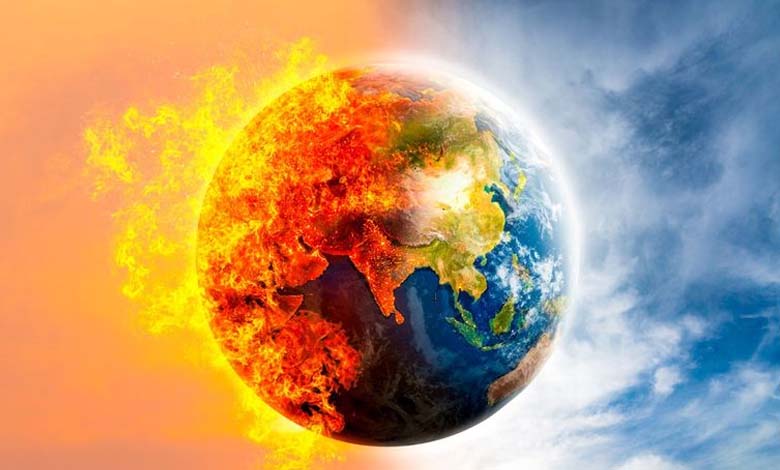A Concerning Discovery… Earth May Have Exceeded the “Paris Agreement Goal”

A groundbreaking study has reported that global temperatures have already surpassed the warming target of 1.5 degrees Celsius and may exceed two degrees Celsius within the next decade.
Conducted by Malcolm McCulloch from the College of Earth Sciences at the University of Western Australia, the study analyzed temperature records from the skeletal structures of sea sponges, revealing alarming developments in climate change.
Traditional estimates of ocean temperature rise rely on sea surface temperature records dating back only about 180 years.
Instead, the study, published in the journal “Nature Climate Change,” examined 300 years of temperature data preserved in the skeletal structures of sea sponges from the eastern Caribbean Sea.
The results indicate a need to redefine the pre-industrial period to be from 1700 to 1860, signaling a clear increase in ocean temperatures since the mid-19th century.
Implications of Global Warming
Using the adjusted baseline, the study revealed the onset of ocean temperature rise due to human activity several decades earlier than previously believed.
Earth’s temperature may have risen by at least 1.7 degrees Celsius since pre-industrial times, exceeding the Paris Agreement goal of 1.5 degrees Celsius.
According to this analysis, the goal of limiting global warming to less than two degrees Celsius was surpassed by the end of 2020, much earlier than expected.
Worrisome Trends
Earth and atmospheric temperatures have risen at a faster rate than surface ocean temperatures since the late 20th century, exceeding two degrees Celsius above pre-industrial levels.
This acceleration aligns with documented declines in Arctic permafrost and increased occurrences of extreme weather events worldwide.
Call to Action
The study underscores the urgent need to cut global emissions in half by 2030 to address the advanced stage of climate change.
Humanity faces a daunting task in mitigating further temperature increases and avoiding irreparable environmental damage.












